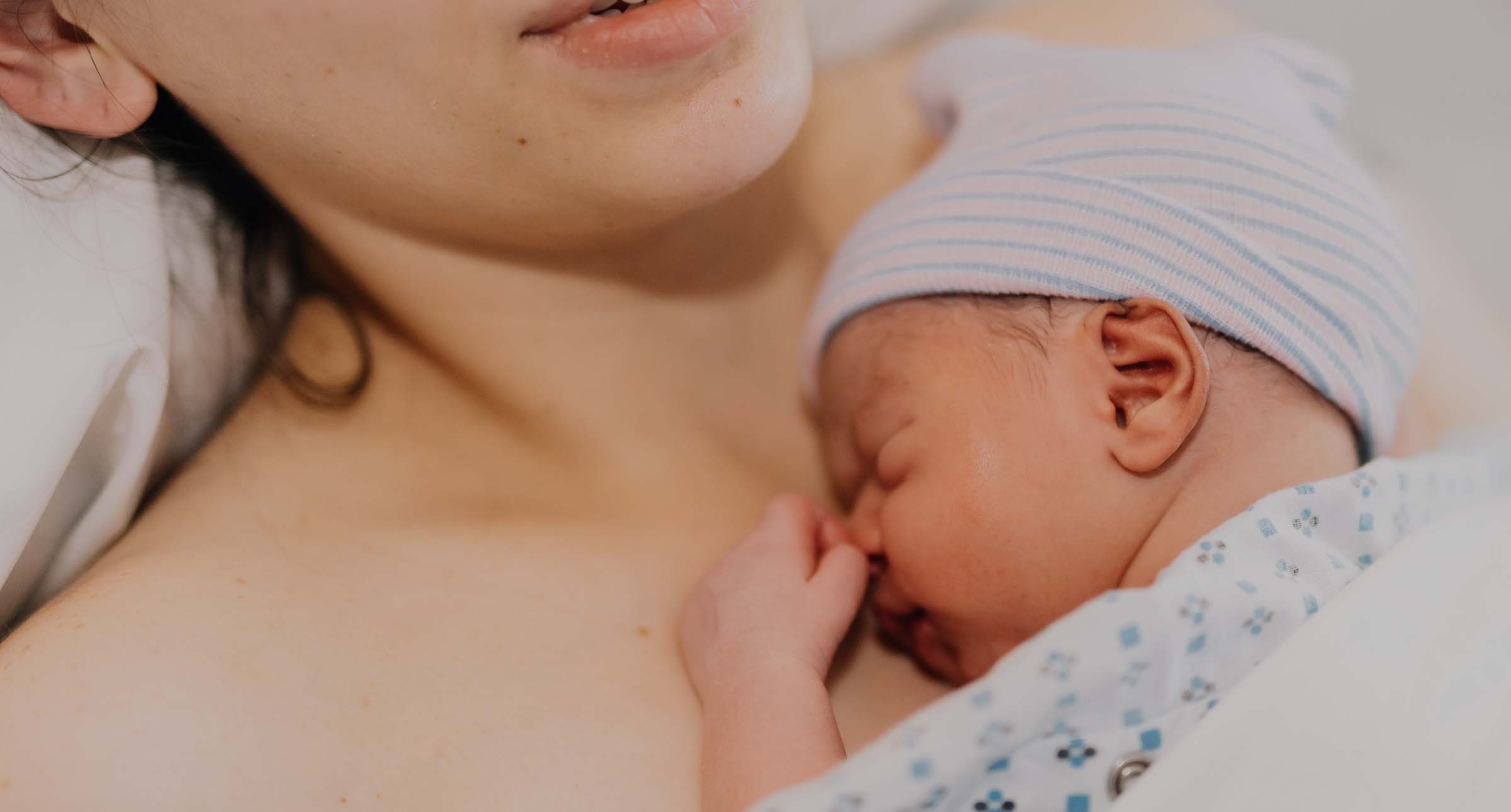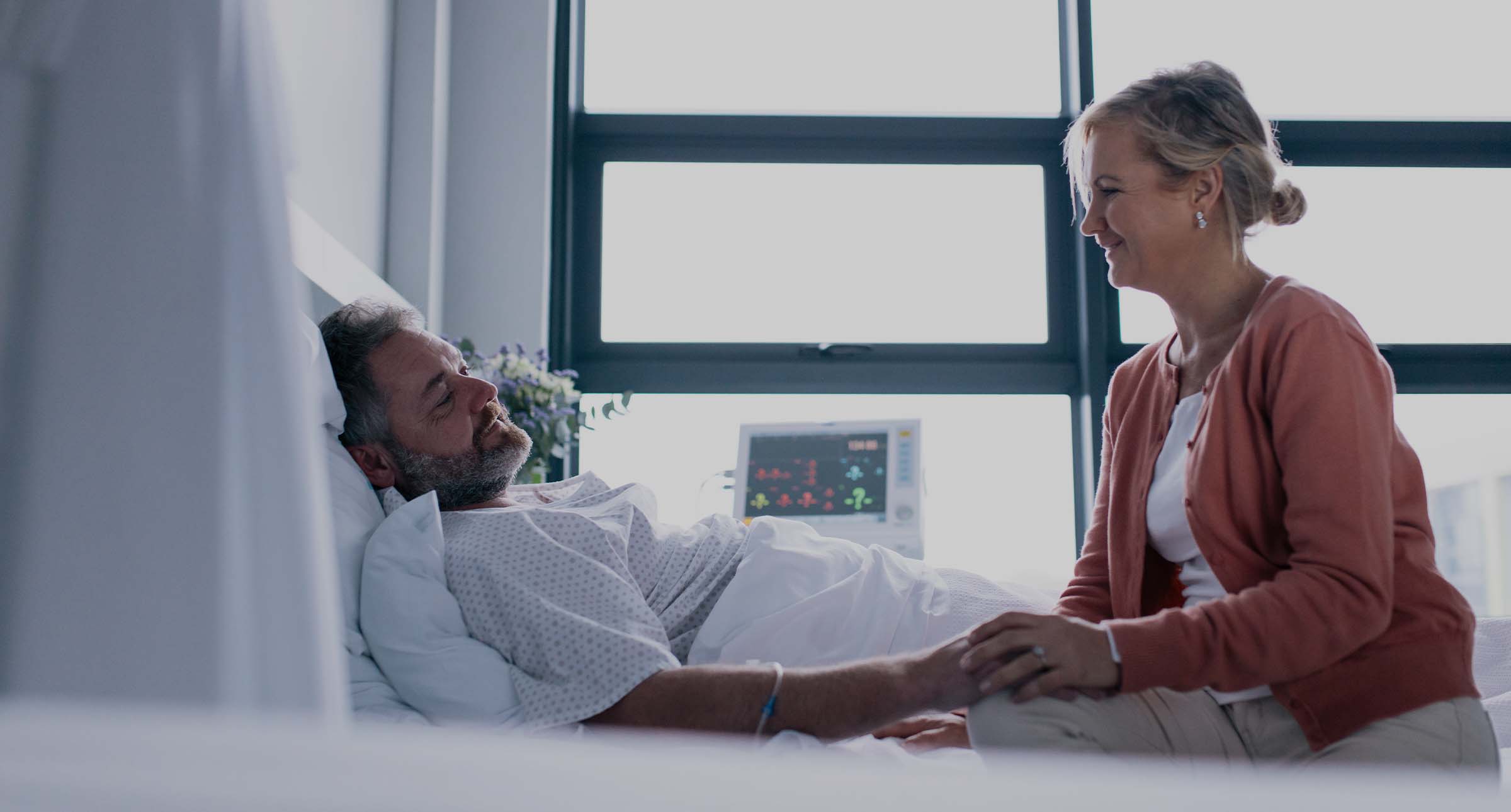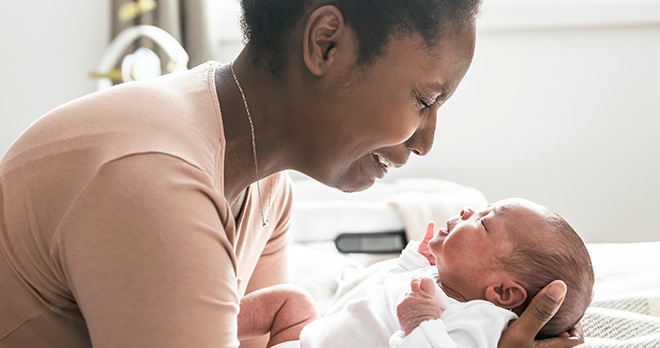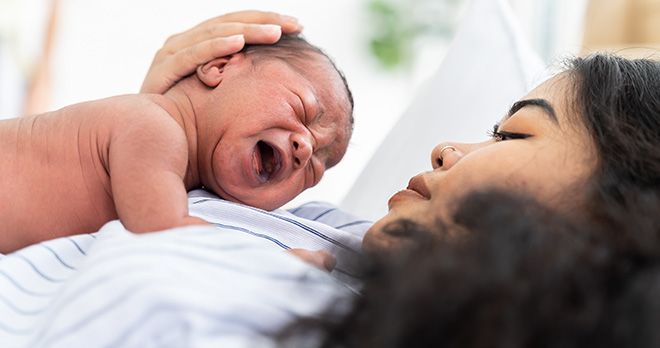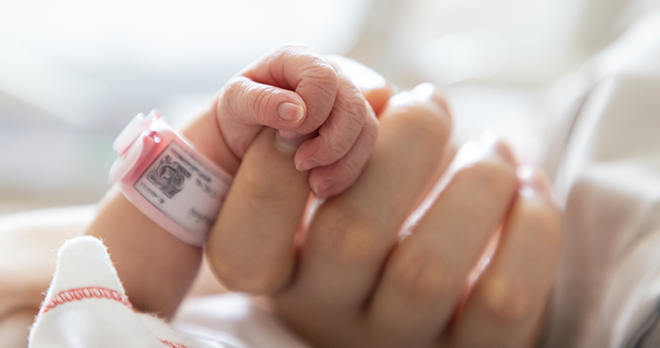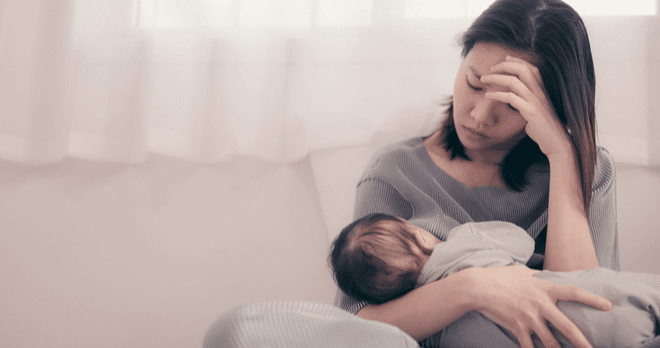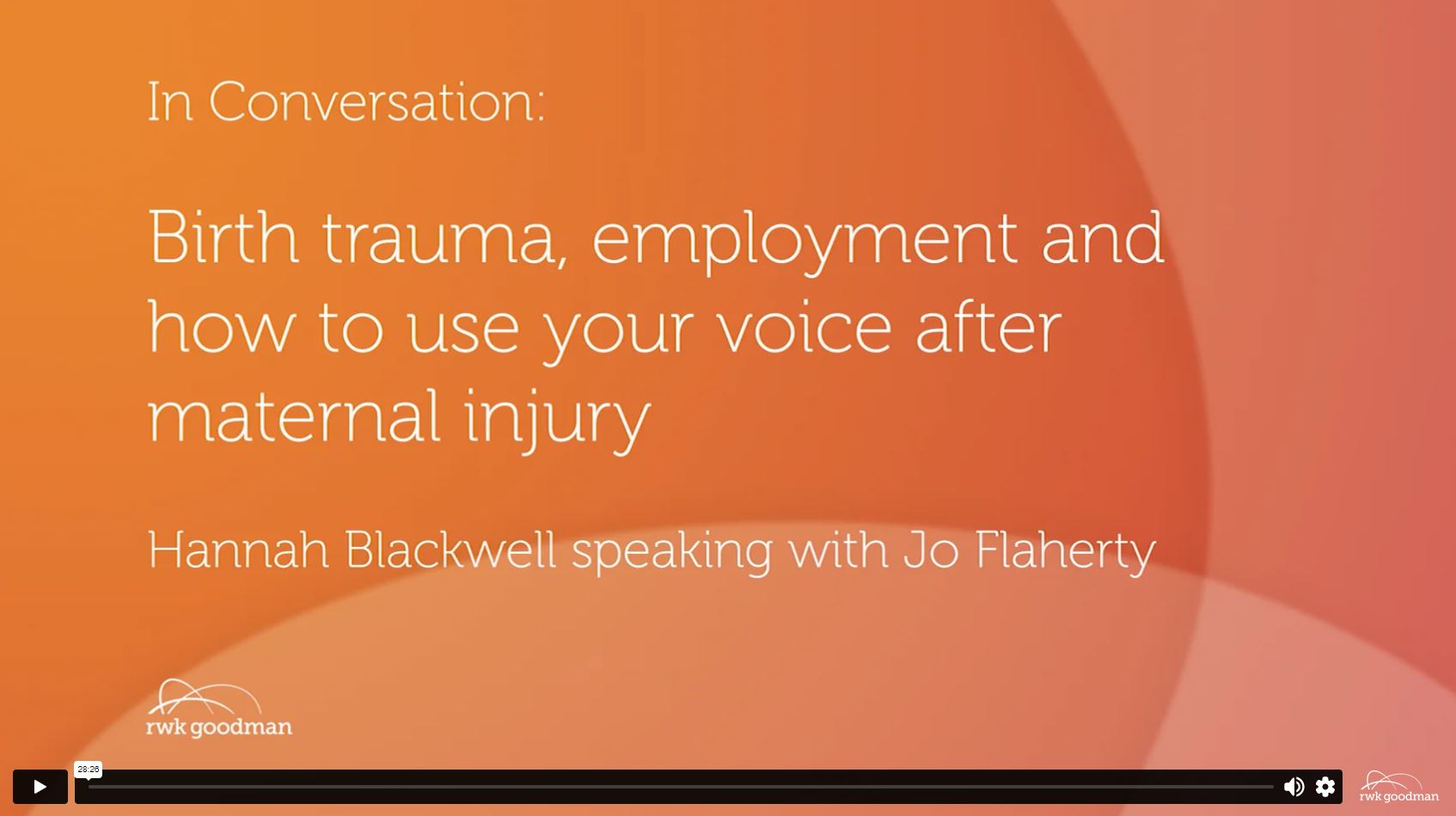£100k in damages for 40-year-old who developed sepsis after the birth of her child
On 8 June 2014, the claimant was an inpatient at the hospital of the defendant trust, having recently given birth to her baby by vaginal delivery. She was discharged from hospital later that day.
On 10 June, the claimant was seen by the community midwife at home. The claimant’s perineum was noted to be swollen and painful. Unfortunately, the community midwife failed to advise the claimant of the signs and symptoms of infection.
On 11 June, the claimant was seen by the community midwife at home. Now the claimant had a raised pulse of 100bpm and was in significant pain around her perineum. It is alleged that, with adequate care, the midwife should have arranged a further review of the claimant on the following day.
At 1100 on 13 June, the claimant was reviewed the community midwife. The claimant’s history of signs of fever was noted. Her pulse was 95 bpm and her perineum was painful. It is alleged that, with adequate care, the midwife should have arranged immediate medical review that day, either by the GP or in hospital.
Thereafter, the claimant continued to deteriorate: On the evening of 13 June 2014, she developed diarrhoea; on 14 and 15 June 2014, she spent time in bed; and, on the afternoon and evening of 16 June 2014, she developed abdominal pain, offensive vaginal discharge, and had difficulty passing urine, and found it difficult to walk around the house.
In the early hours of 17 June 2014, an ambulance was called and the claimant arrived at the Royal United hospital, Bath at 0455 on 17 June. Despite being admitted, a member of medical staff did not review her until 0600 nor did she start intravenous antibiotics until 0800.
At 13.30 hours, she was taken to theatre for laparotomy, and in circumstances where the uterus was found to be necrotic and pus filled with involvement of the right ovary and tube, they were removed. Cultures were taken from the uterus and were positive for streptococcus group A.
As a result of her surgery, the claimant has been left infertile in circumstances where she wanted to have more children, and has extensive scarring. The claimant developed Post-Traumatic Stress Disorder and, for approximately one year after the index events, she suffered a depressive episode of mild severity. The claimant continues to experience myalgia (pain and weakness in certain muscles).
The case against the defendant trust
The claimant brought an action against the defendant alleging that its staff were negligent due to the failure to have regard to the claimant’s evolving signs and symptoms of infection. In particular, the defendant failed to arrange medical review on either 11 or 13 June 2014. In addition, the defendant failed to review the claimant within 30 minutes of her arrival at the hospital on 17 June and commence IV antibiotics within one hour.
The claimant's case with regard to causation was that if, at any point on or prior to 13 June, she was referred for medical review then such a review would have resulted in admission to hospital where assessment including blood tests would have revealed signs of infection. Either oral or intravenous antibiotics would have been commenced on 13 June and is likely to have resolved the claimant’s infection and developing sepsis, and so would have avoided the deterioration to severe sepsis; laparotomy and removal of the uterus, right ovary and tube; admission to ITU; and, a prolonged stay in hospital and recovery thereafter.
The defendant denied each and every allegation. They contested that the claimant’s signs and symptoms on the 11 June and the 13 June did not indicate deterioration or any need for review, and also denied that a review by a doctor on 12 or 13 June would have led to the claimant receiving antibiotics.
Following service of the defence, the court set a timetable towards trial and standard disclosure, exchange of witness statement evidence and expert evidence took place.
Eight weeks before trial, a settlement meeting took place, which failed to settle the claim, and it was later achieved by way of a Part 36 offer, in the sum of £100,000.
Our specialist maternal injury solicitors are here to help those who’ve experienced harm around childbirth claim compensation. Contact our team to find out if we can help you.
Call now

